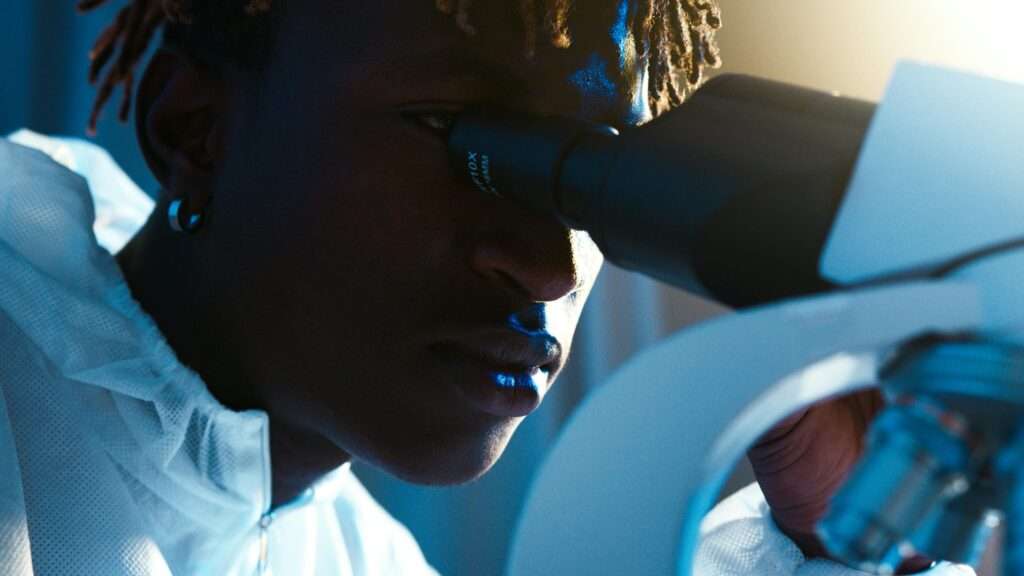Cancer Q&A Facts: Episode One
Welcome to Episode One of our Cancer Q&A series, where we answer the most-searched questions about cancer. Our goal is to provide clear, accurate, and helpful information. Let’s dive in.
1. What is cancer?
Cancer is a disease caused by the uncontrolled growth of abnormal cells in the body. These cells can form tumours, invade nearby tissues, and spread to other parts of the body through the blood or lymph system.
2. What are the early symptoms of cancer?
Symptoms vary depending on the type of cancer but may include:
- Unexplained weight loss
- Persistent fatigue
- Lumps or swelling
- Changes in bowel or bladder habits
- Persistent cough or difficulty swallowing
If you notice any of these, consult a healthcare professional.
3. What are the main causes of cancer?
The main causes include:
- Genetic factors
- Tobacco use
- Excessive alcohol consumption
- Poor diet
- Prolonged exposure to harmful UV rays or carcinogens
A healthy lifestyle can reduce the risk.
4. Is cancer hereditary?
Some types of cancer, like breast, ovarian, and colorectal cancers, can run in families. However, most cancers are caused by lifestyle or environmental factors rather than inherited genes.
5. How is cancer diagnosed?
Cancer is diagnosed through:
- Blood tests
- Imaging tests like X-rays, MRIs, and CT scans
- Biopsies, where a small sample of tissue is analysed
Early diagnosis improves the chances of successful treatment.
6. What are the treatment options for cancer?
Common treatments include:
- Surgery to remove tumours
- Chemotherapy to kill cancer cells
- Radiation therapy to target specific areas
- Immunotherapy to boost the immune system
- Targeted therapy that attacks specific cancer cells
The best treatment depends on the type and stage of cancer.
7. Can cancer be prevented?
While not all cancers are preventable, you can lower your risk by:
- Quitting smoking
- Eating a healthy diet
- Staying active
- Limiting alcohol consumption
- Protecting your skin from the sun
Regular screenings are also key.
8. What is the survival rate of cancer?
Survival rates vary widely depending on the type of cancer and how early it is detected. For instance, early-stage breast cancer has a 90%+ survival rate, while late-stage pancreatic cancer has a lower survival rate.
9. Is cancer contagious?
No, cancer is not contagious. You cannot catch cancer from someone who has it, even through close contact or sharing food.
10. Are there side effects of cancer treatment?
Yes, treatments can cause side effects such as:
- Fatigue
- Hair loss
- Nausea and vomiting
- Pain
- Weakened immune system
Side effects vary, and healthcare providers can help manage them.

